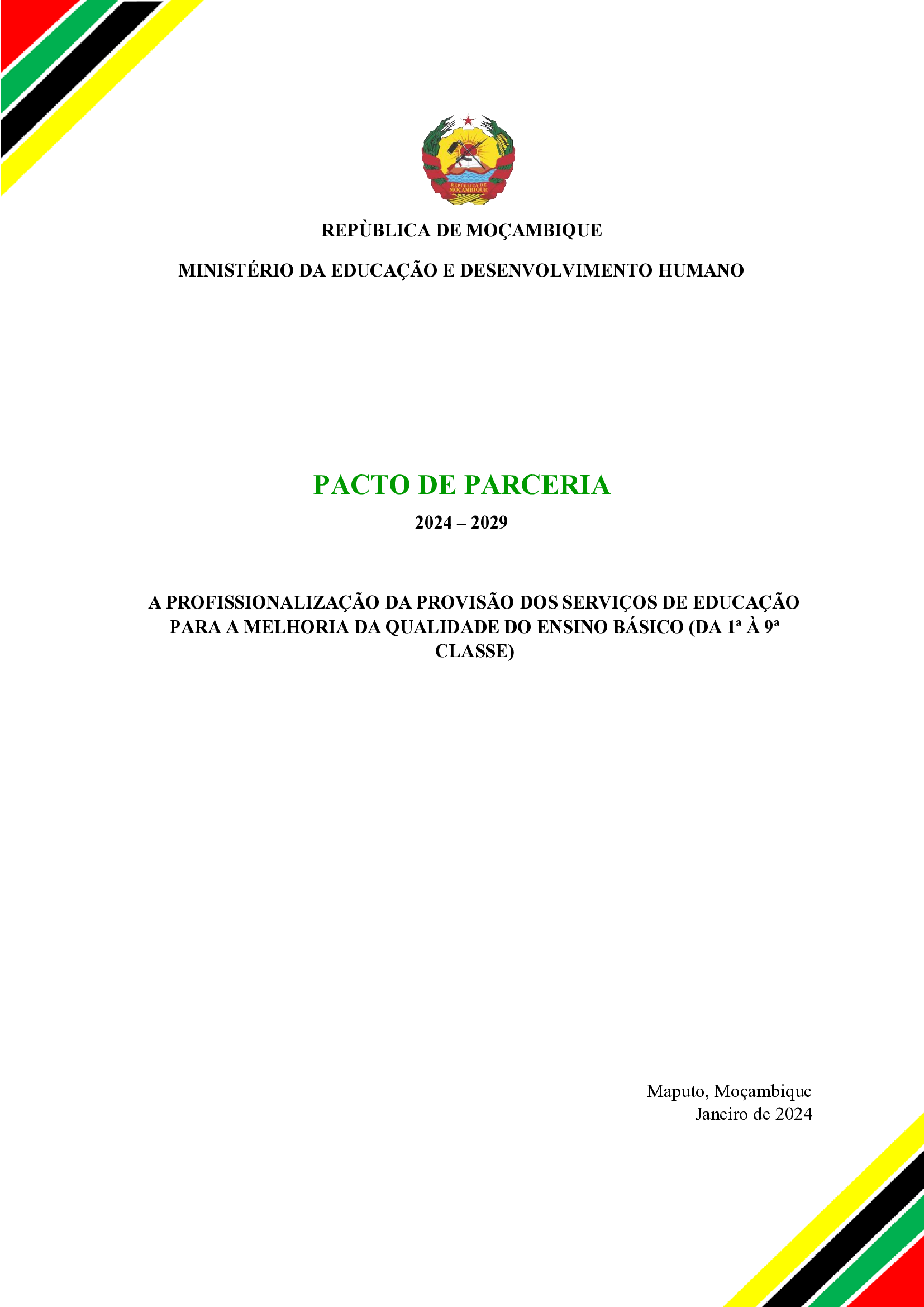Education in Mozambique

Partner since:
Total grant support: US$411,499,111
Grant eligibility:
- Multiplier
- Girls' Education Accelerator
- System capacity
- System transformation
Partnership Compact
Coordinating agency: GIZ
GPE Team lead: Lucinda Ramos

